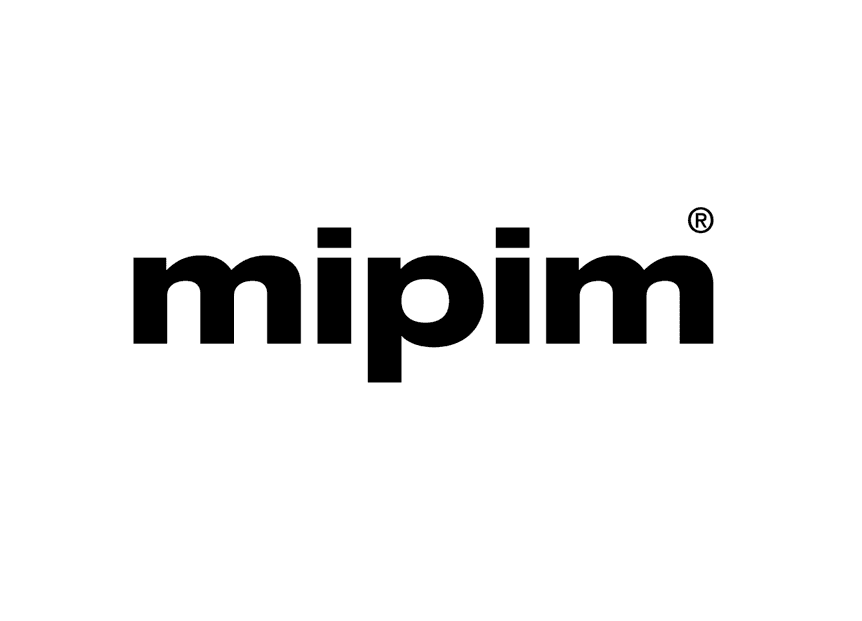Helping our partners achieve the extraordinary
Insight
12 November 2025
PERFORMANCE // Progress not perfection
PERFORMANCE // Progress not perfection



We often talk about high performance as if it’s a fixed state but even the best teams never stop evolving.
As Pep Guardiola celebrated his 1,000th game at the weekend, a statistic you probably didn’t see is that he has sold 250 players during his managerial career and bought 112. That’s roughly a new player every nine games, and one leaving every four.
Pep is widely considered one of the greatest managers of all time. His teams have won 716 of those 1,000 matches, scored 2,445 goals (an average of 2.5 per game), and collected 40 trophies across four clubs, including 12 league titles and 3 Champions Leagues.
Pep and his teams are without question high-performing. But what does high performance actually mean?
What is high performance?
We use the phrase a lot, in business, in sport, on projects. But too often, it’s misunderstood.
A common definition is this: ‘doing the best with what’s available’.
But if ‘doing the best with what’s available’ defined success, why would football managers buy and sell players so often and not simply coach the ones they have to perform better? In Pep’s case, one left for every four games he managed.
Because high performance isn’t about settling with what you have, it’s about improvement. It’s about maximising the present while building for the future.
Adapting to Change
As conditions change the strategy that worked yesterday might not work tomorrow. In our last insight, CONTROL // Focusing On Certainty In An Uncertain Sector, we touched on how conditions change, and why focusing on what you can control matters most.
On projects, we often try to ‘lock the team’ in early and keep things steady. But in your own team, how often do you refresh ideas, roles or approaches? Are you playing the same players in the same positions week in week out and hoping for a different result?
True high performance means evolving structures and focus as conditions change. It’s about evolving your team, your systems, and your people to be prepared for the challenge ahead.
Progress over perfection
The best managers in the world understand the performance lives in progress, not simply making do.
New team members prevent complacency, bring fresh eyes and renewed motivation. Change keeps standards high.
Change is at the heart of high performance, because high performance lives in progress.
How are you evolving for tomorrow?
At Feat Factory, we help ambitious teams evolve to achieve the extraordinary, not just once, but on every project, with every partner.
As Pep Guardiola celebrated his 1,000th game at the weekend, a statistic you probably didn’t see is that he has sold 250 players during his managerial career and bought 112. That’s roughly a new player every nine games, and one leaving every four.
Pep is widely considered one of the greatest managers of all time. His teams have won 716 of those 1,000 matches, scored 2,445 goals (an average of 2.5 per game), and collected 40 trophies across four clubs, including 12 league titles and 3 Champions Leagues.
Pep and his teams are without question high-performing. But what does high performance actually mean?
What is high performance?
We use the phrase a lot, in business, in sport, on projects. But too often, it’s misunderstood.
A common definition is this: ‘doing the best with what’s available’.
But if ‘doing the best with what’s available’ defined success, why would football managers buy and sell players so often and not simply coach the ones they have to perform better? In Pep’s case, one left for every four games he managed.
Because high performance isn’t about settling with what you have, it’s about improvement. It’s about maximising the present while building for the future.
Adapting to Change
As conditions change the strategy that worked yesterday might not work tomorrow. In our last insight, CONTROL // Focusing On Certainty In An Uncertain Sector, we touched on how conditions change, and why focusing on what you can control matters most.
On projects, we often try to ‘lock the team’ in early and keep things steady. But in your own team, how often do you refresh ideas, roles or approaches? Are you playing the same players in the same positions week in week out and hoping for a different result?
True high performance means evolving structures and focus as conditions change. It’s about evolving your team, your systems, and your people to be prepared for the challenge ahead.
Progress over perfection
The best managers in the world understand the performance lives in progress, not simply making do.
New team members prevent complacency, bring fresh eyes and renewed motivation. Change keeps standards high.
Change is at the heart of high performance, because high performance lives in progress.
How are you evolving for tomorrow?
At Feat Factory, we help ambitious teams evolve to achieve the extraordinary, not just once, but on every project, with every partner.
Continue reading
23 January 2026
23 January 2026
23 January 2026
6 January 2026
6 January 2026
6 January 2026
10 December 2025
10 December 2025
10 December 2025
9 December 2025
9 December 2025
9 December 2025



